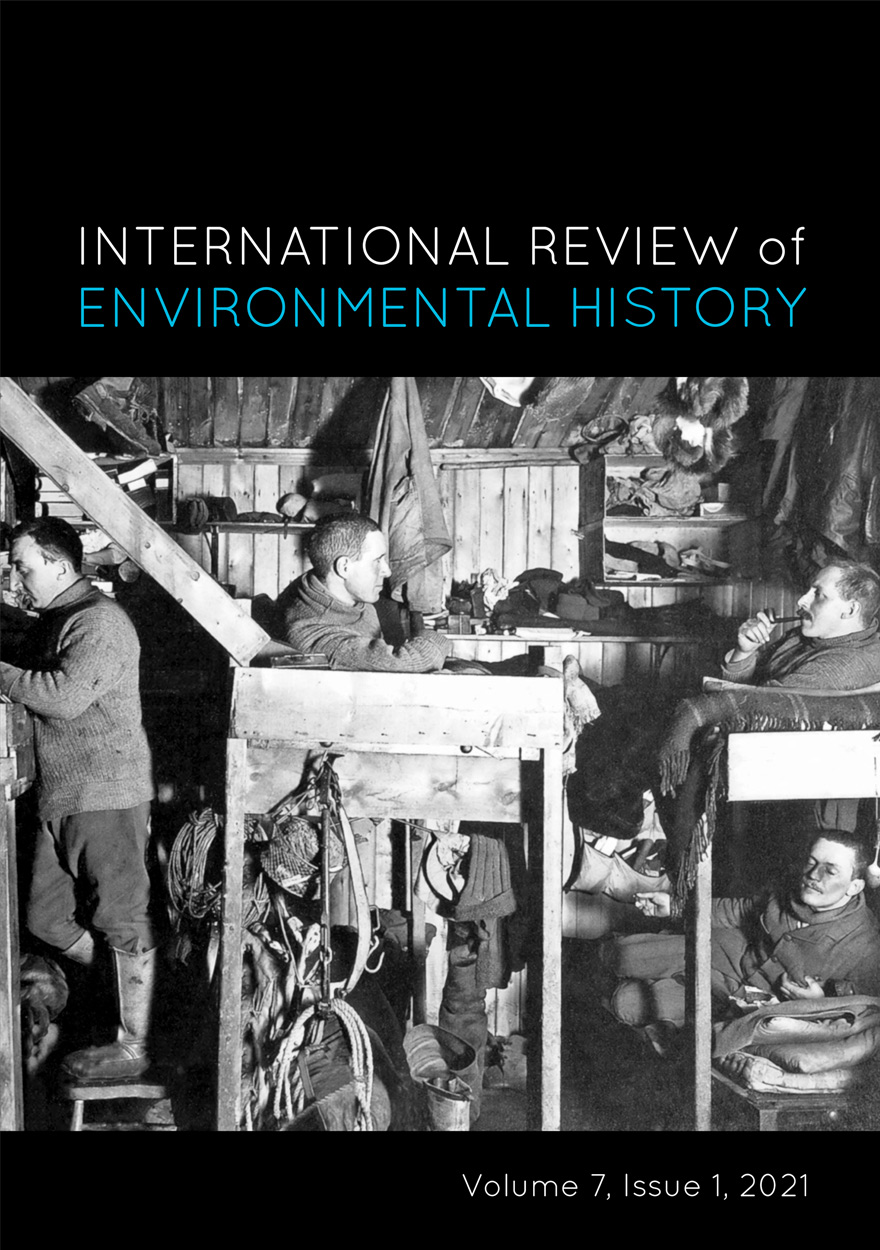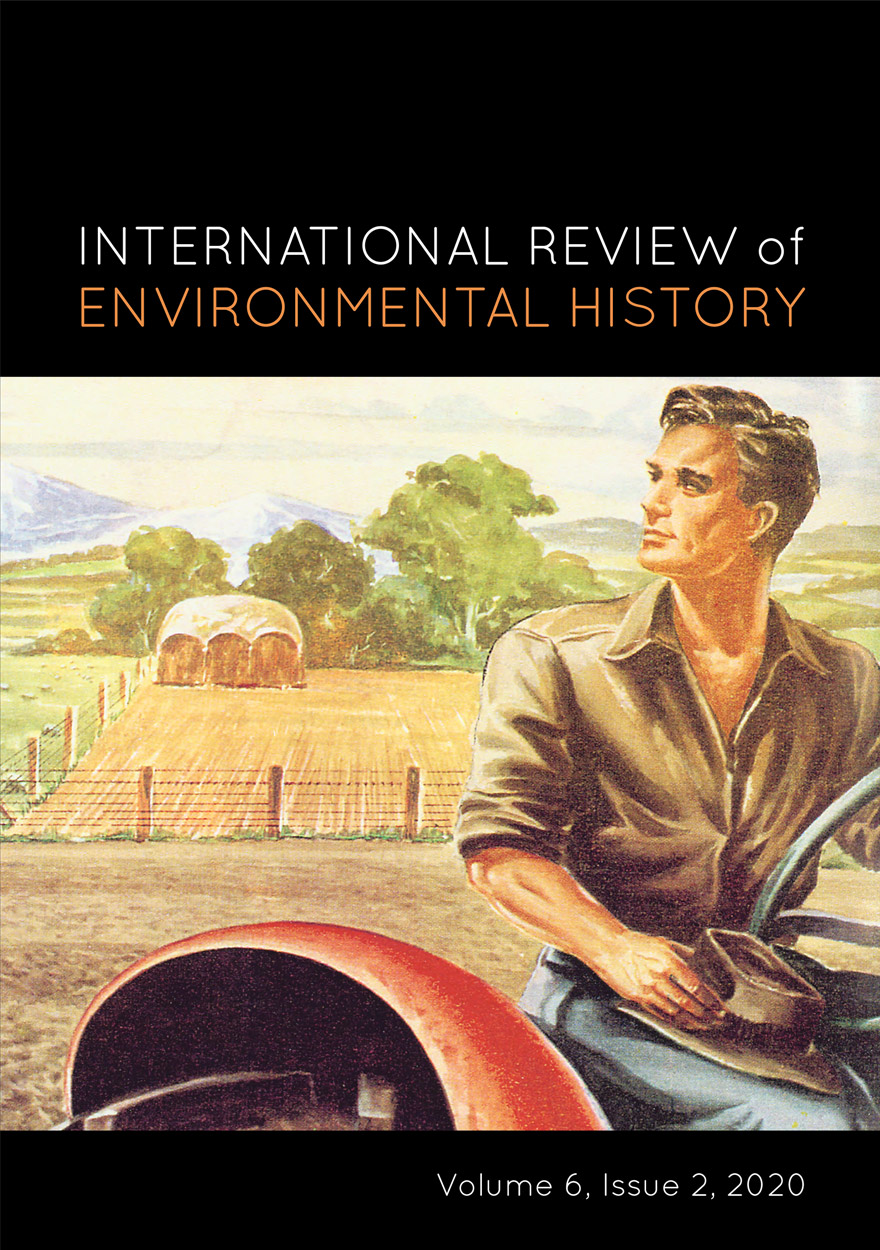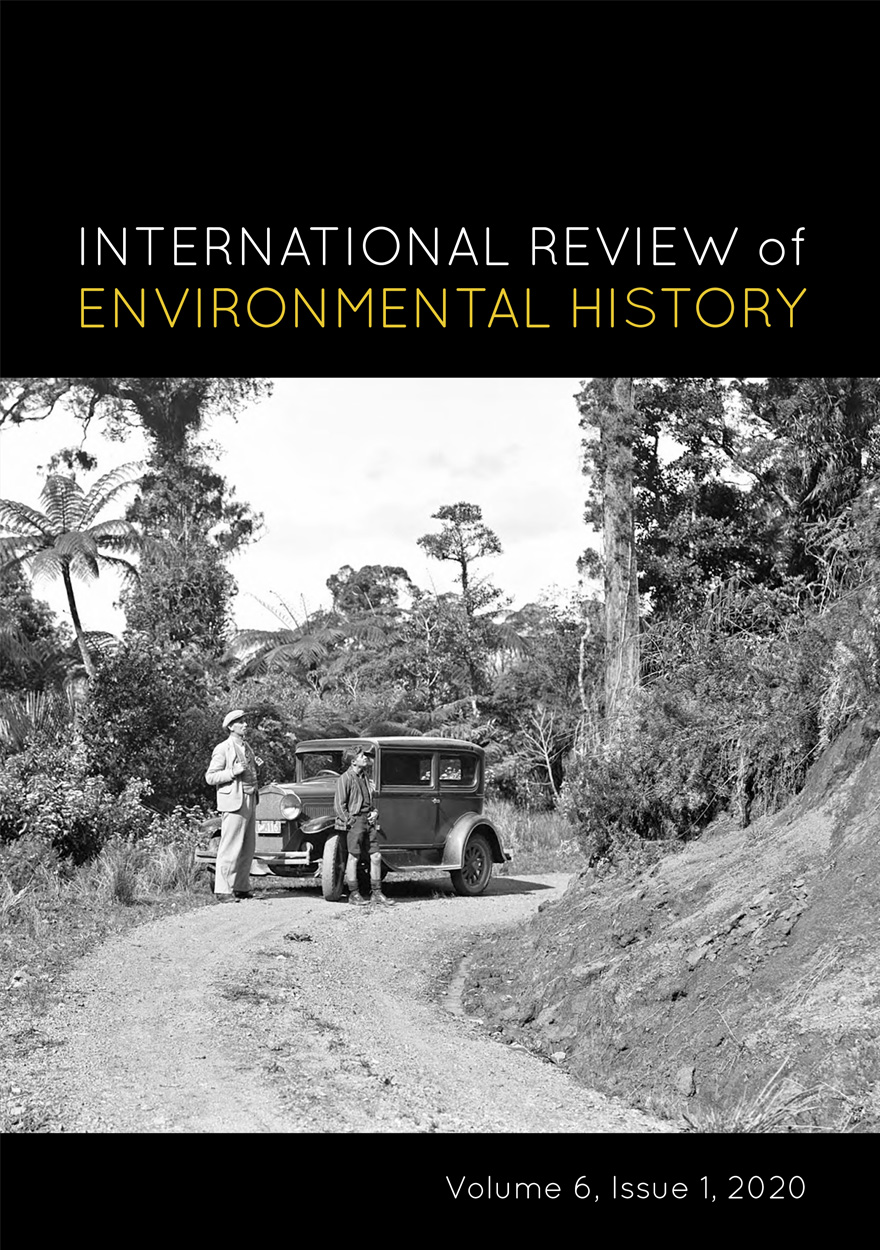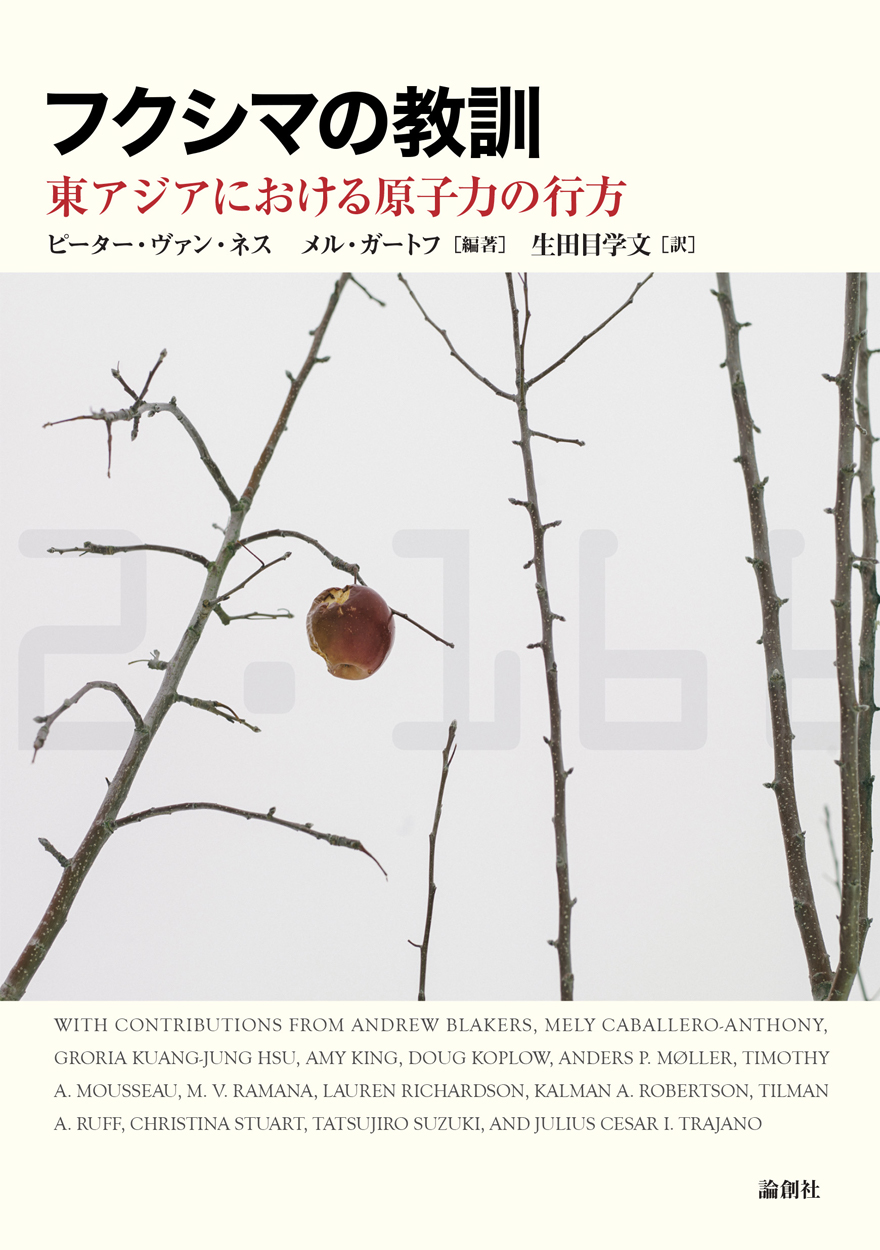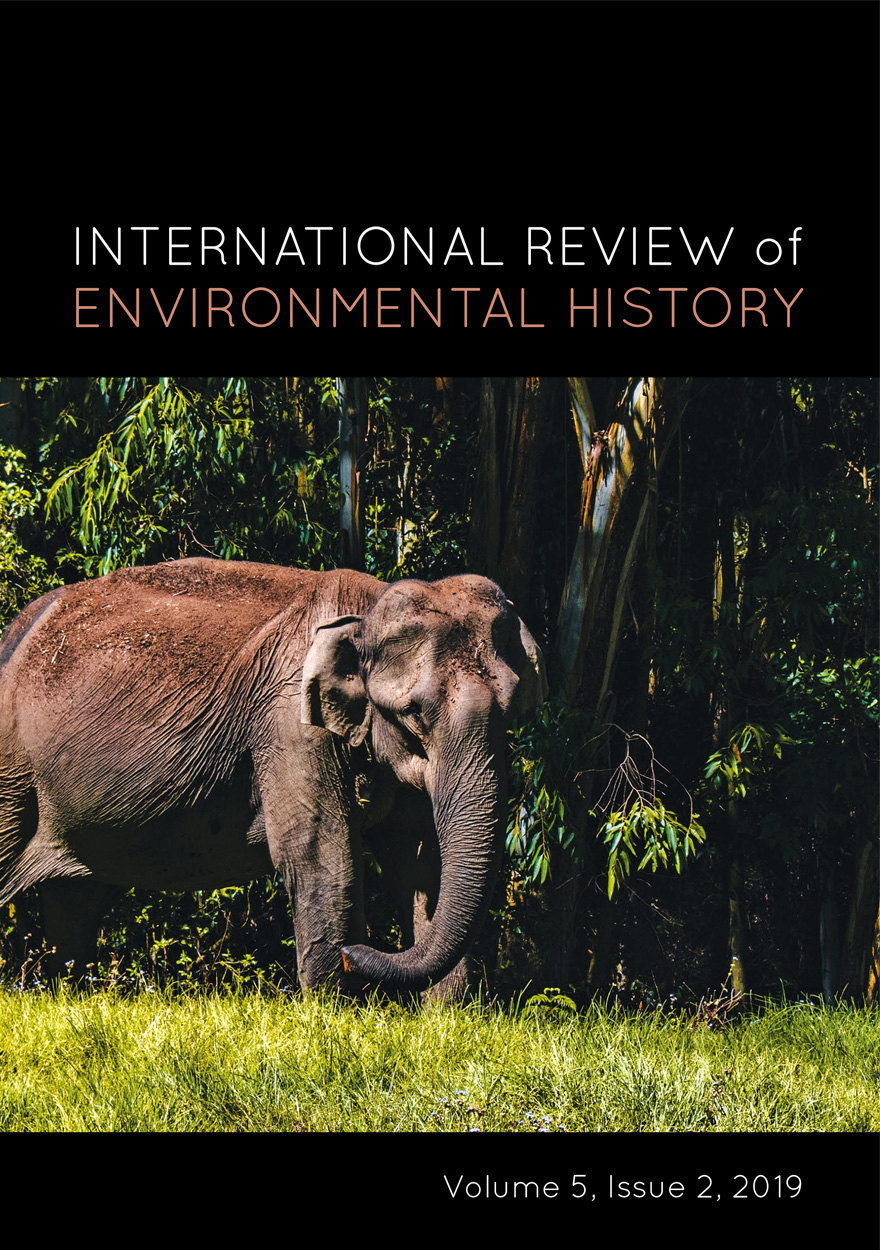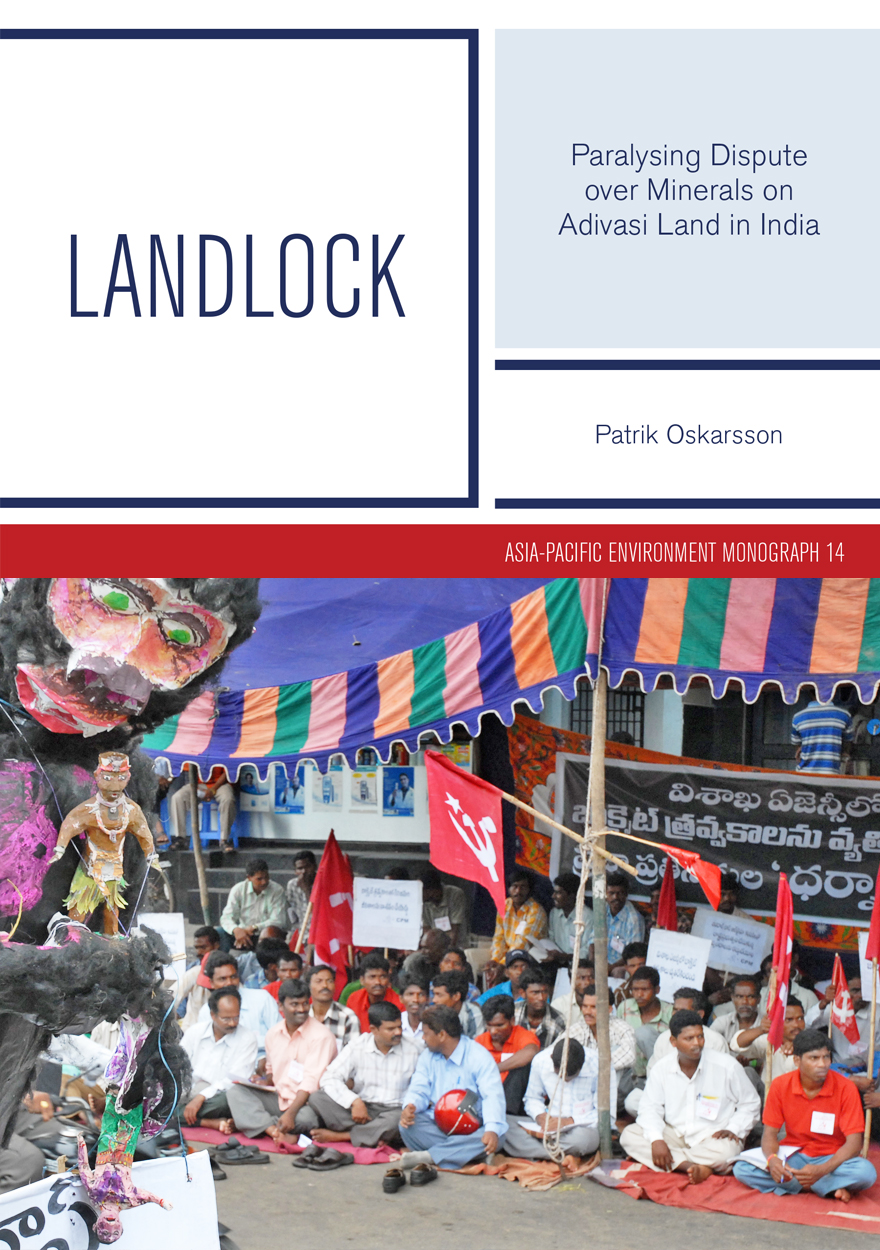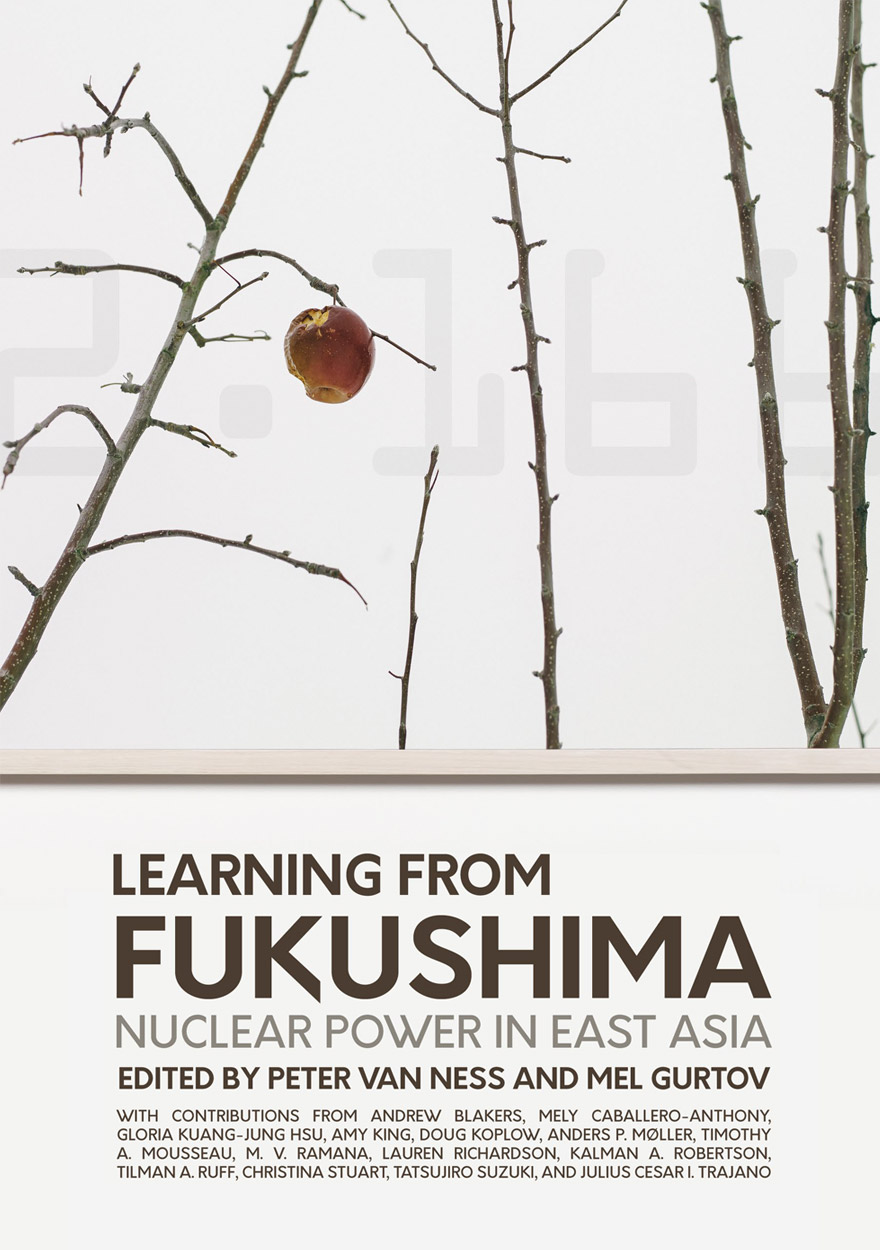
Learning from Fukushima
Nuclear power in East Asia
Edited by: Peter Van Ness, Mel GurtovPlease read Conditions of use before downloading the formats.
Description
Learning from Fukushima began as a project to respond in a helpful way to the March 2011 triple disaster (earthquake, tsunami, and nuclear meltdown) in north-eastern Japan. It evolved into a collaborative and comprehensive investigation of whether nuclear power was a realistic energy option for East Asia, especially for the 10 member-countries of ASEAN, none of which currently has an operational nuclear power plant. We address all the questions that a country must ask in considering the possibility of nuclear power, including cost of construction, staffing, regulation and liability, decommissioning, disposal of nuclear waste, and the impact on climate change. The authors are physicists, engineers, biologists, a public health physician, and international relations specialists. Each author presents the results of their work.
The Japanese translation of this book is available for purchase on the Ronso website.
Details
- ISBN (print):
- 9781760461393
- ISBN (online):
- 9781760461409
- Publication date:
- Sep 2017
- Imprint:
- ANU Press
- DOI:
- http://doi.org/10.22459/LF.09.2017
- Disciplines:
- Science: Environmental Sciences; Social Sciences: Politics & International Studies, Social Policy & Administration
- Countries:
- East Asia: Japan
PDF Chapters
Please read Conditions of use before downloading the formats.
If your web browser doesn't automatically open these files, please download a PDF reader application such as the free Adobe Acrobat Reader.
To copy a chapter DOI link, right-click (on a PC) or control+click (on a Mac) and then select ‘Copy link location’.
- Preliminary pages (PDF, 0.2MB)
- Figures (PDF, 0.1MB)
- Tables (PDF, 0.1MB)
- Acronyms and abbreviations (PDF, 0.1MB)
- Preface (PDF, 0.1MB)
- Contributors (PDF, 0.1MB)
- Introduction: Nuclear energy in Asia (PDF, 0.2MB) – Mel Gurtov
Part I The state of the nuclear industry
- Nuclear energy policy issues in Japan after the Fukushima nuclear accident (PDF, 0.2MB) – Tatsujiro Suzuki doi
- The French exception: The French nuclear power industry and its influence on political plans to transition to a new energy system (PDF, 0.3MB) – Christina Stuart doi
- Energy subsidies: Global estimates, causes of variance, and gaps for the nuclear fuel cycle (PDF, 0.3MB) – Doug Koplow doi
Part II Country studies
- A new normal? The changing future of nuclear energy in China (PDF, 0.2MB) – M. V. Ramana and Amy King doi
- Protesting policy and practice in South Korea’s nuclear energy industry (PDF, 0.2MB) – Lauren Richardson doi
- Control or manipulation? Nuclear power in Taiwan (PDF, 0.3MB) – Gloria Kuang-Jung Hsu doi
- Enhancing nuclear energy cooperation in ASEAN: Regional norms and challenges (PDF, 0.2MB) – Mely Caballero-Anthony and Julius Cesar I. Trajano doi
Part III The real costs of going nuclear
- Health implications of ionising radiation (PDF, 0.3MB) – Tilman A. Ruff doi
- Nuclear energy and its ecological byproducts: Lessons from Chernobyl and Fukushima (PDF, 0.2MB) – Timothy A. Mousseau and Anders P. Møller doi
Part IV A post-nuclear future
- Decommissioning nuclear power reactors (PDF, 0.2MB) – Kalman A. Robertson doi
- Sustainable energy options (PDF, 0.4MB) – Andrew Blakers doi
- Lessons of Fukushima: Nine reasons why (PDF, 0.2MB) – Peter Van Ness doi
Reviews
The book is a testament to the contributors for their call for sustained vigilance on issues surrounding the aftermath of the Fukushima disaster and its prolonged effects.
—Alona U. Guevarra, International Journal of Asian Studies, 20 July 2018
Read the full review on the Cambridge University Press website
Other publications that may interest you




